Tay Ninh textile and dyeing industry has advantages in terms of geographical location and large industrial zones, along with the trend of shifting global supply chains, creating opportunities to attract investment. However, the industry faces many challenges from strict quality requirements on color uniformity, fierce price competition, to environmental barriers. Color errors cause economic losses and reputational impacts, often stemming from energy issues.
Energy is the "heart" of the textile dyeing process. In a textile dyeing plant, energy in the form of steam or heat plays an essential role in many stages:
- Boiler and steam source: Steam is used to heat the dyeing baths, washing baths and fabric treatment. The quality of steam (temperature and pressure) needs to be stable to ensure even dye penetration and avoid color errors.
Setting dryer and thermal oil furnace: After dyeing, the fabric needs to be dried and set at the correct temperature to stabilize the color and size. Temperature deviations can cause color change, shrinkage or damage to the fabric structure.
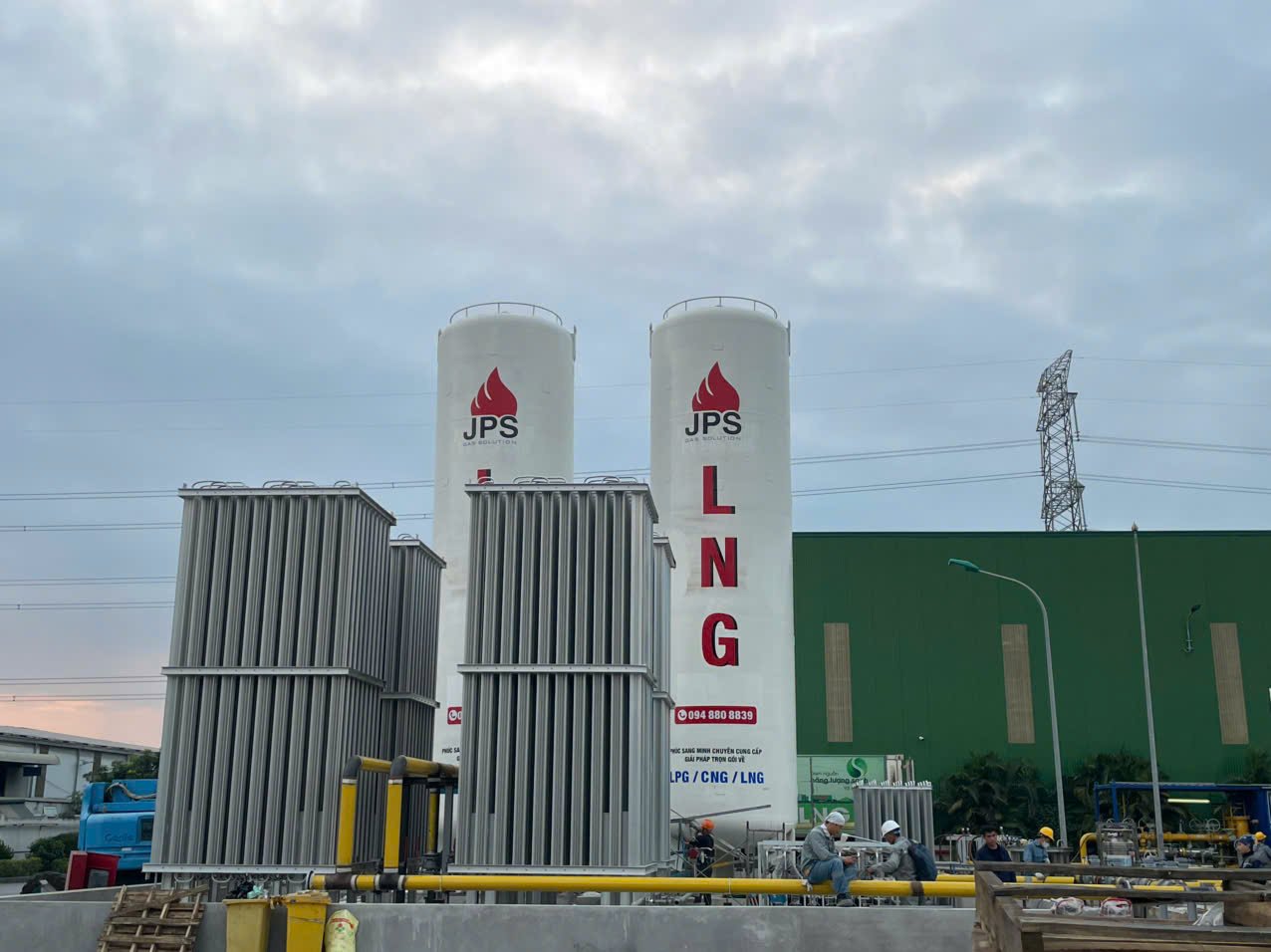
Using traditional fuels such as coal, coal, firewood, rice husk or FO, DO, firewood causes pollution, difficult to control heat and low efficiency. Therefore, switching to modern industrial gas systems (LPG/CNG/LNG) is the optimal solution.
LPG / CNG / LNG Gas Systems : Comprehensive Solutions for Quality, Cost and Environment
Switching to an industrial gas system is considered a strategic investment, bringing many benefits:
- Absolute product quality assurance : Gas (LPG, CNG, LNG) has high and stable calorific value. The combustion process can be controlled automatically and precisely, ensuring that the temperature in the boiler and dryer is always stable. This helps the dye color to be even, standard and consistent between batches of fabric, minimizing the rate of defective products.
Optimize operating costs: due to high combustion efficiency, less fuel is consumed per unit of product. The gas burns completely, without creating soot or dirt, helping to keep the machinery system clean, reducing downtime for maintenance, thereby increasing productivity.
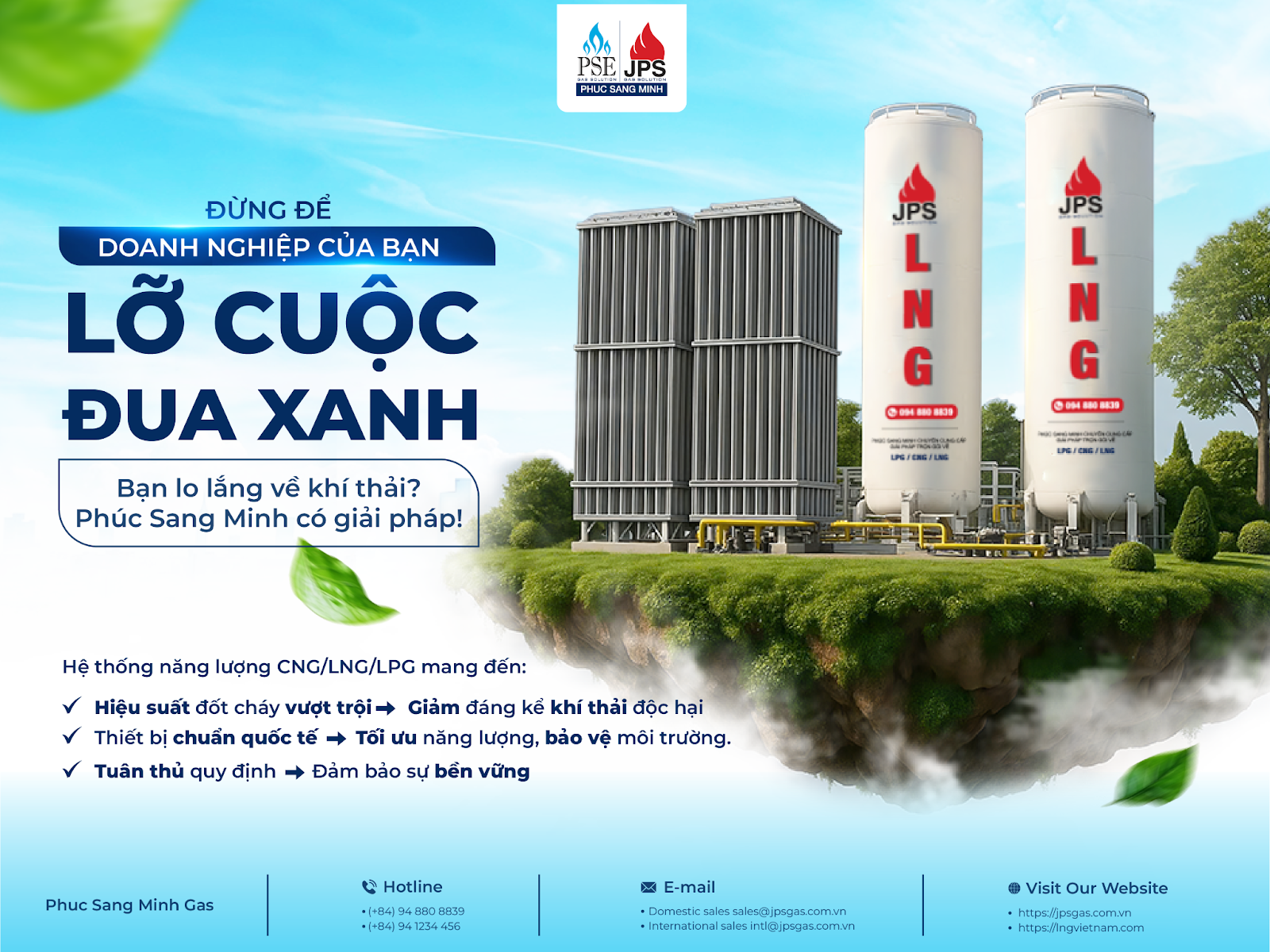
· "Green ticket" to the global market: Using CNG/LNG helps factories significantly reduce CO2, SOx, NOx emissions and almost completely eliminate fine dust. This not only helps businesses comply with environmental regulations but is also a prerequisite for achieving green production certificates to create a competitive advantage when approaching demanding markets.
Phuc Sang Minh Gas: Accompanying textile and dyeing factories to reach new heights
Phuc Sang Minh Gas, with nearly 20 years of experience, has been a trusted strategic partner of many leading textile and dyeing factories in Vietnam. We not only provide comprehensive energy solutions — from survey, consultation, design, investment to construction, installation and operation of gas systems — but also commit to bringing stability and outstanding efficiency.
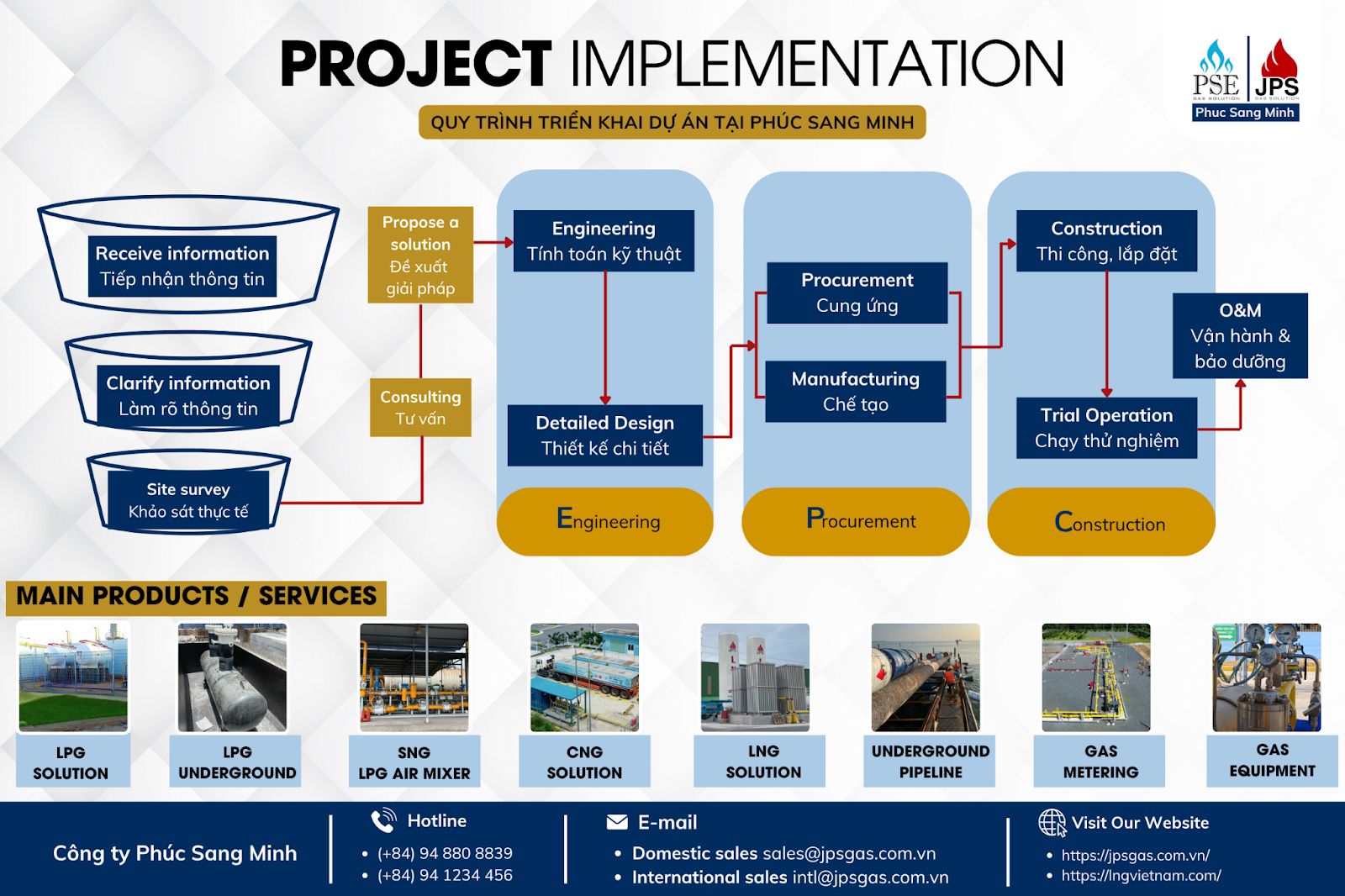
With Phuc Sang Minh Gas, textile dyeing enterprises in Tay Ninh can focus on production, improve product quality and optimize costs. Let us accompany you on the journey to conquer the most stringent standards of the global textile market, opening an era of sustainable development and prosperity!
Source: https://baotayninh.vn/he-thong-khi-dot-yeu-to-then-chot-trong-van-hanh-nha-may-det-nhuom-a192007.html



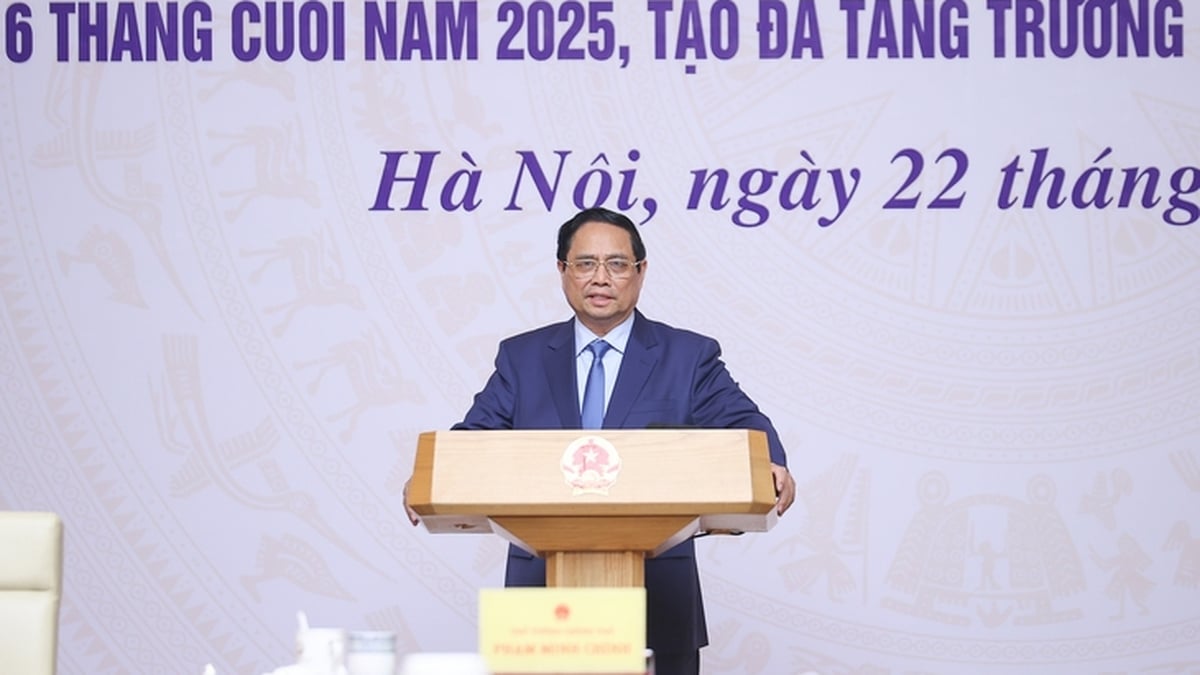



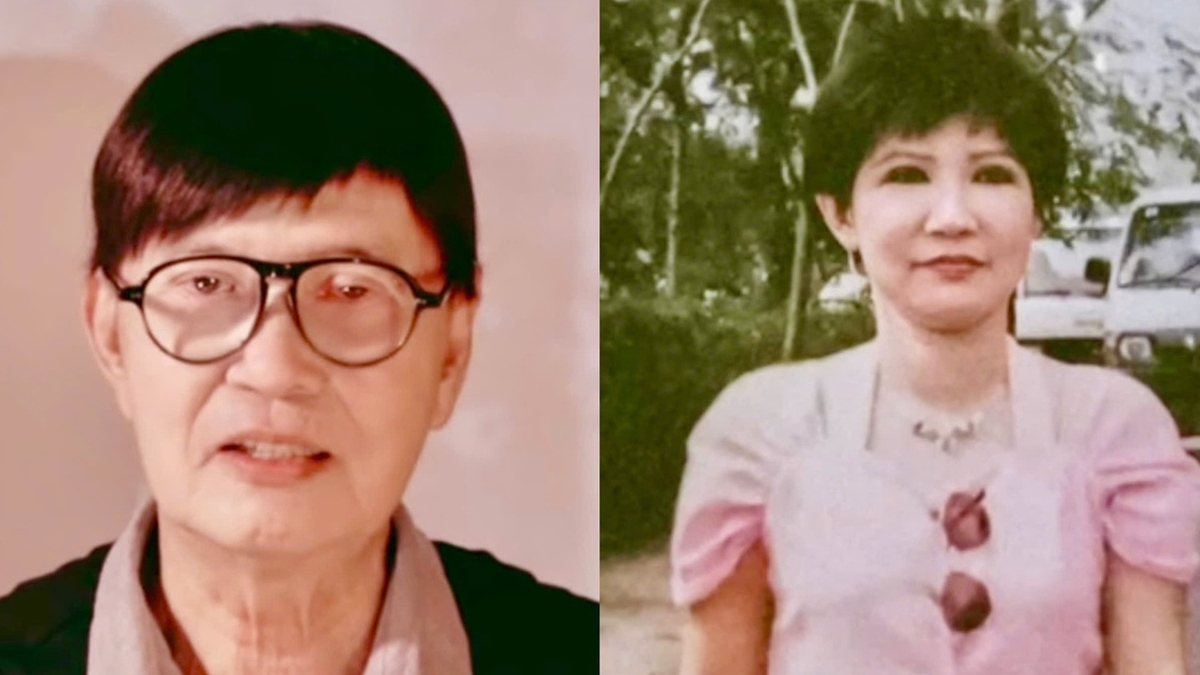
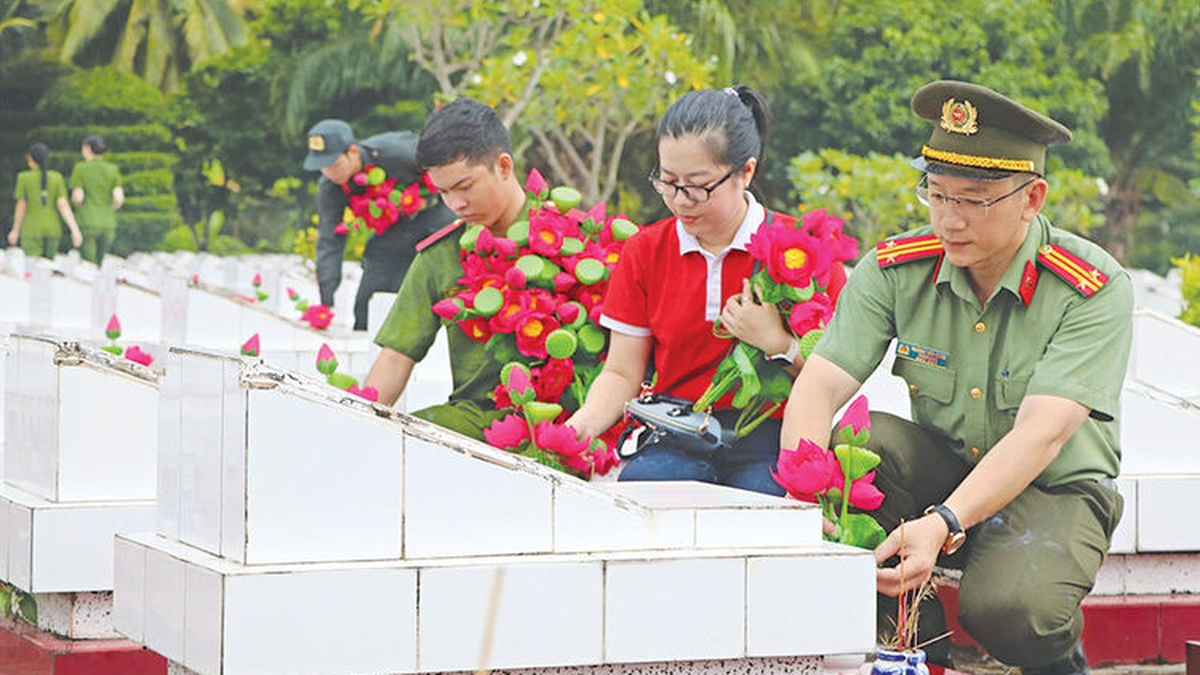


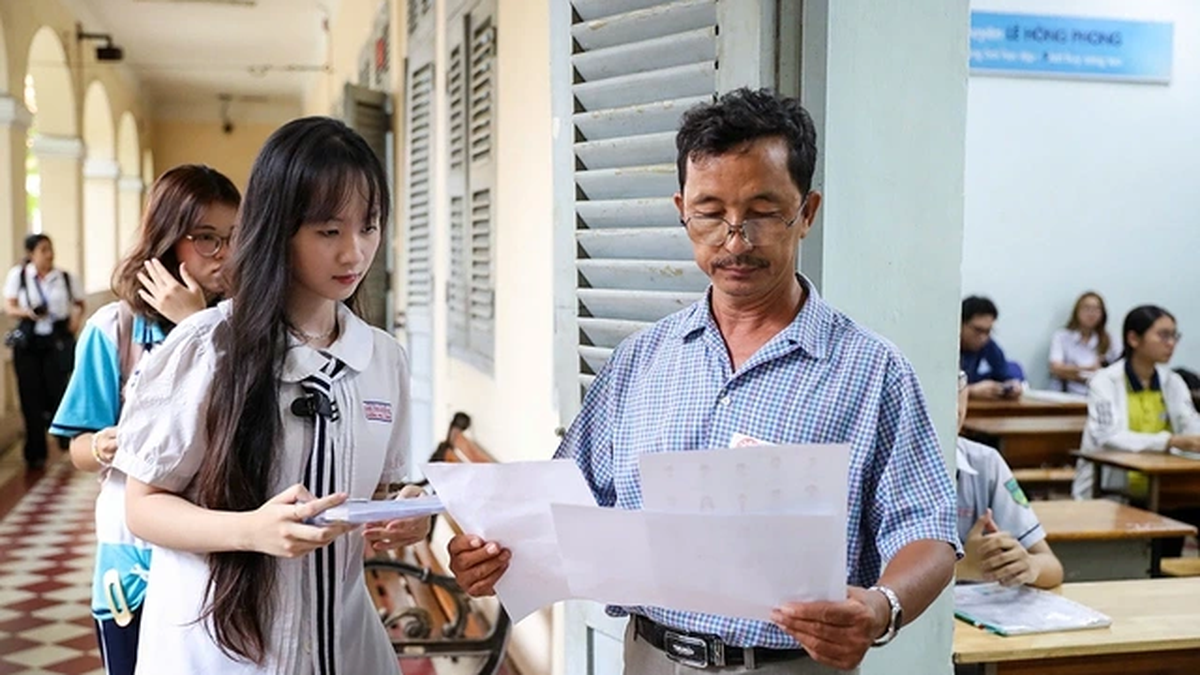




















































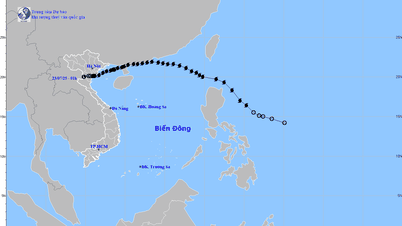






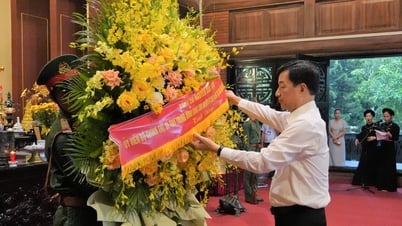

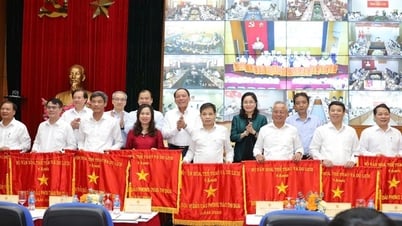


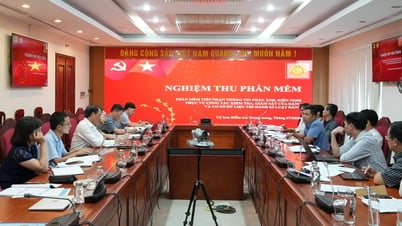


























Comment (0)